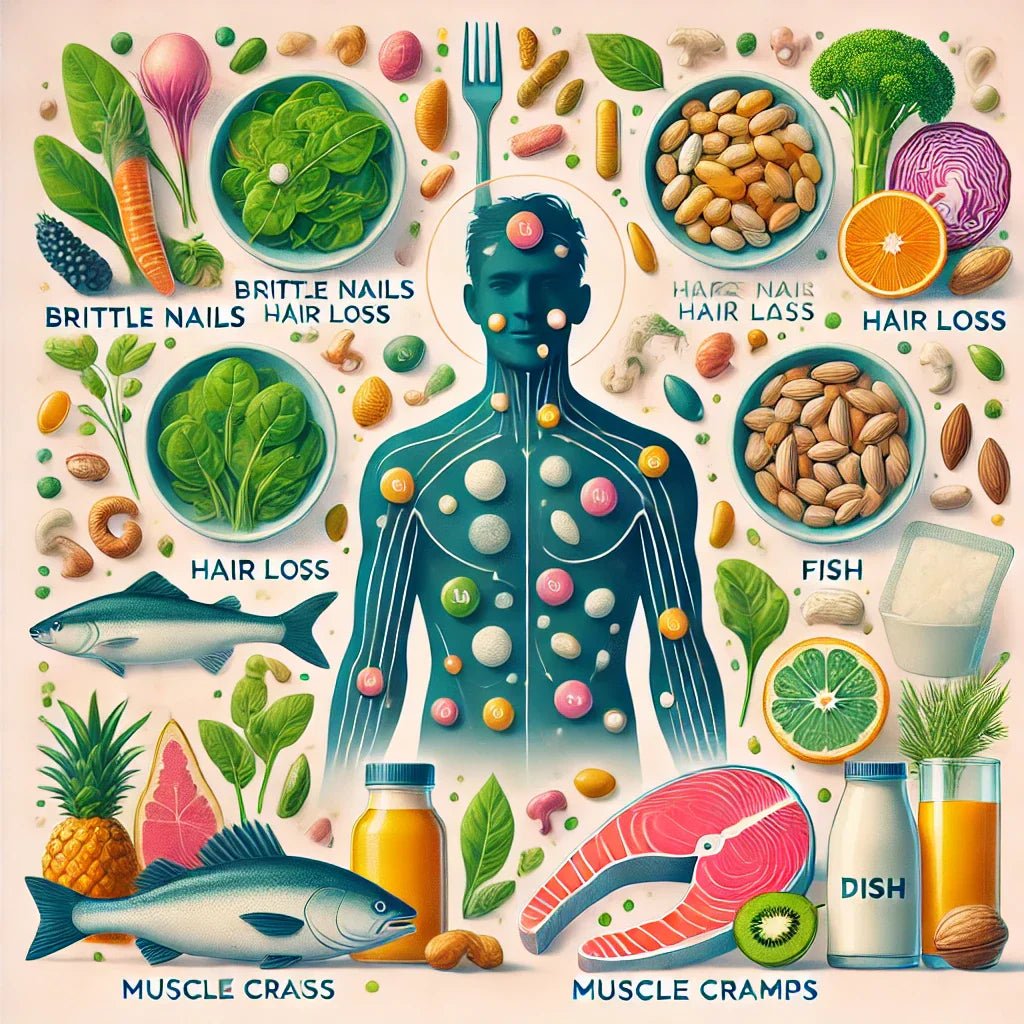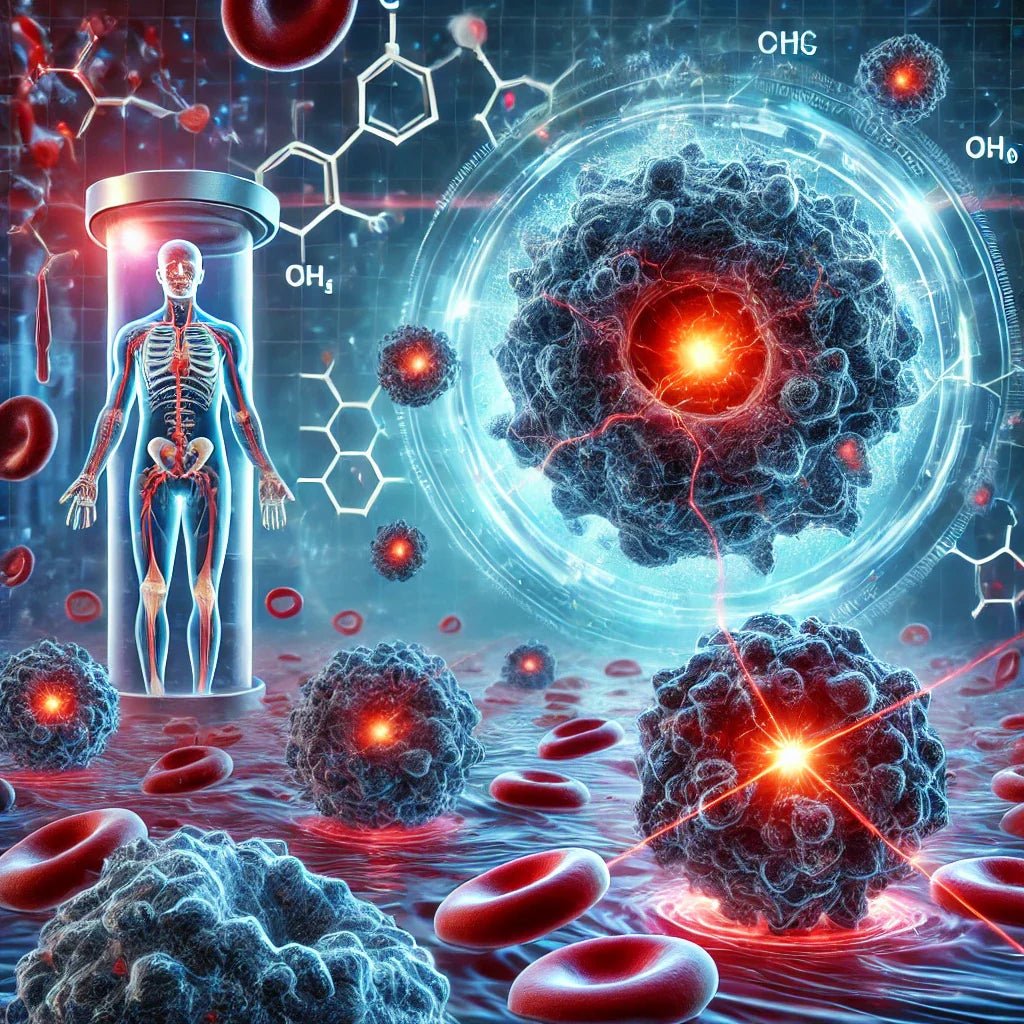In an era of ubiquitous diets and fitness trends, many people are looking for effective methods to lose weight. However, the key to effective and healthy weight loss lies not only in exercise and diet, but also in a deeper understanding of our body and mind.
- Understanding Metabolism
Metabolism is more than just burning calories. It is a complex process by which our body converts food into energy. It is influenced by factors such as age, gender, genetics, and physical activity level. Whether you work in a sedentary job or are constantly on the move. Understanding your metabolism is the first step to effectively planning your diet and physical activity.
- The role of proper nutrition
In the process of losing weight, the role of proper nutrition cannot be overestimated. Many people are tempted by low-calorie diets that promise quick results. However, these "quick fixes" often turn out to be ineffective in the long term, and worse, they can be harmful to your health. The secret to achieving and maintaining a healthy weight is not restrictive calorie restriction, but rather focusing on a rich and varied diet.
Food should be primarily a source of various nutrients. The key is to include satiating and protein-rich products in your diet. Protein, which is the basic building block of our body, not only supports the process of building muscle, but also helps maintain a feeling of satiety for longer, which is extremely important when losing weight. Additionally, healthy animal fats such as butter, lard or those contained in avocado and fish are essential for the proper functioning of the body. They provide long-lasting energy and help in the absorption of vitamins.
It’s also important to avoid highly processed foods, which often contain unhealthy trans fats, excess sugar, and harmful preservatives. These types of foods can lead to rapid swings in blood sugar levels, which in turn makes you feel hungry more often and want to reach for another snack.
Instead, it's worth focusing on whole, unprocessed products. And when you feel like something sweet, instead of reaching for sweets, a better choice would be some preferably seasonal fruit. It will not only satisfy your sweet tooth, but also provide valuable vitamins.
Eating right isn’t about constantly denying yourself, but rather choosing healthy and nutritious options that satisfy your hunger and provide energy throughout the day. This is an approach that not only supports weight loss, but also contributes to overall well-being and improved health.
- Physical Activity
Regular physical activity is essential not only for burning calories, but also for building and maintaining muscle mass, which in turn speeds up metabolism. The more muscle tissue, the less so-called fat. Diversity in the types of physical activity, from the simplest available to everyone outdoor walks, through fitness, aerobics, pilates, yoga, running, swimming to strength training, is important for overall health and fitness. Find a physical activity for yourself that you enjoy and will not force yourself to do.
- Weight Loss Psychology
The psychological aspect of weight loss is often underestimated. Staying motivated, managing stress and emotional eating are key to long-term success. Meditation, breathing exercises and support from family, friends or professionals can go a long way in maintaining healthy habits. Often, new friendships come along with changing new habits. It’s easier to get to your goal when you’re surrounded by people with similar interests.
- The Importance of Sleep and Regeneration
The importance of sleep and rest in the context of healthy weight loss is often underestimated, and it is just as important as diet or physical activity. Maintaining a regular circadian rhythm, with a minimum of 7-8 hours of sleep each night, especially after 10 p.m., is crucial for health and the effectiveness of the weight loss process.
Maintaining a consistent sleep schedule supports our biological clock, which translates into better regulation of appetite hormones like ghrelin and leptin. Sleep deprivation can disrupt this balance, leading to increased hunger and decreased satiety after a meal, which in turn can result in greater calorie intake. Additionally, lack of adequate sleep is often associated with lower energy levels, which can reduce motivation to exercise and be physically active.
Sleep also plays an important role in the regeneration and rebuilding of the body. During sleep, our body undergoes repair processes at the cellular level, and also regenerates muscle tissue, which is especially important after intense physical exercise. Sleep is also a time when the body regulates many hormonal functions, including those related to stress and metabolism.
Not getting enough sleep can lead to a range of negative health consequences, including increased risk of cardiovascular disease, type 2 diabetes, obesity, and problems with mood and concentration. In the long term, regular and adequate sleep is crucial not only for maintaining a healthy weight, but also for overall health and well-being.
In the context of weight loss, getting enough sleep can greatly support your weight loss efforts. With better appetite management, more energy for exercise, and more efficient recovery, sleep becomes an invaluable ally in the pursuit of a healthy lifestyle. That’s why it’s so important not to underestimate its role and ensure you get enough rest every night.
- Irrigation
Drinking the right amount of water is crucial for maintaining a healthy metabolism and helps control appetite. Water also helps remove toxins from the body, which is important when losing weight. Make sure the water is clean and preferably not made of plastic and contains a lot of minerals. It is good to pour a pinch of our best and healthiest salt from the Kłodawa mine into a glass of water. Sometimes it seems to us that we are hungry but we just want to drink and we misread the information sent by our body. So before you put something to eat in your mouth, drink a glass of water with Kłodawa salt first.
- Individual nutrition plan
Adaptation to Individual Needs. The diet should be tailored to individual needs, taking into account factors such as age, gender, health, lifestyle and weight loss goals.
Avoiding extreme diets that promise quick results are often unsustainable and can be harmful to your health. It is better to adopt moderate, healthy changes to your diet.
- Understanding and Managing Appetite
Distinguishing Hunger from Appetite. It is important to learn to recognize whether the feeling you are experiencing is real hunger or just a momentary taste for something particularly unhealthy.
Practicing mindful eating, which involves eating slowly and focusing on the taste and texture of food, savoring it, and chewing slowly, will help you control your portion size and satisfy your hunger.
- Maintaining a healthy gut microbiome
A healthy gut plays a key role in metabolism, appetite regulation and overall health. Look for foods rich in probiotics and prebiotics. The best are natural fermented and fermented dairy products, preferably from unpasteurized milk (curds, kefir, cream, yogurt) from cows raised in the wild and fed on grass and hay.
- The importance of regular medical check-ups
Regular checkups can help identify any health issues that may affect your weight loss, such as thyroid problems or insulin resistance. It’s better to prevent than to treat later.
- Balance between exercise and rest
When you start exercising and training, remember that proper recovery after training is just as important as the training itself. This prevents overtraining and injuries.
- Education about healthy eating and physical activity
Gaining knowledge about the basics of healthy eating and physical activity is key. It helps you make informed decisions about your health. That's why it's worth taking advice from health coaches, dietitians or personal trainers at least at the very beginning. Start with a professional and then you can safely continue on your own.
- Setting realistic goals
Rather than setting a goal of quick weight loss, it is better to focus on gradual lifestyle changes that can be sustained over the long term.
Losing weight is a complex and individual process that requires a holistic approach. The key is to understand and respect your body, and make healthy and lasting lifestyle changes. Regular physical activity, adequate quality sleep, responsible stress and emotion management, and staying hydrated. Working with professionals and supporting your community can go a long way toward making this journey a success.
Understanding and accepting these aspects will not only lead to weight loss, but also to long-term health and well-being.
AUTHOR: Ice Tiger Health Coach Sebastian Zachara
Clinical dietitian, business psychologist, WHM, XPT and Oxygen Advantage respiratory trainer. Entrepreneur, athlete, personality that combines passion for a healthy lifestyle. He has extensive experience in the world of health and sports. Former competitive athlete, representative of Poland, winner of many Polish champion titles, European Championships and World Cups. In the 2021/22 season, he was the mental and respiratory trainer of the Polish Women's Olympic Team in kayaking. Husband and father of three children. Entrepreneur operating on the German, Spanish and Polish markets. He is the author of 2 books. Creator of the innovative "Ice Tiger Training" program, in which he uses his knowledge to help people fight stress, develop new positive habits, increase productivity and improve health. Specialist in the field of reversing metabolic and autoimmune diseases through lifestyle and nutrition changes. Organizer of workshops and camps related to the broadly understood topic of health and Post Camp - Cleansing and Harmony.






